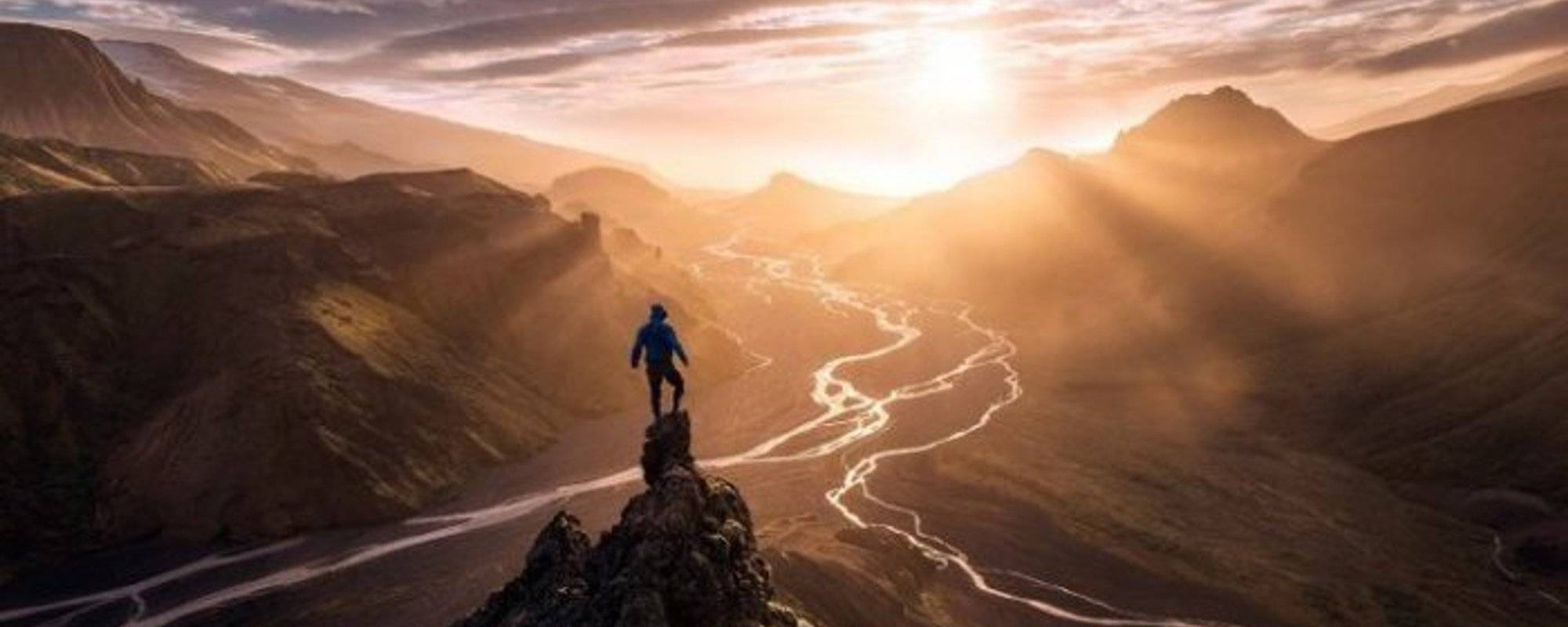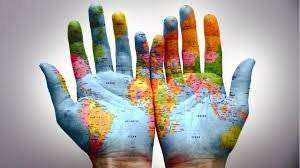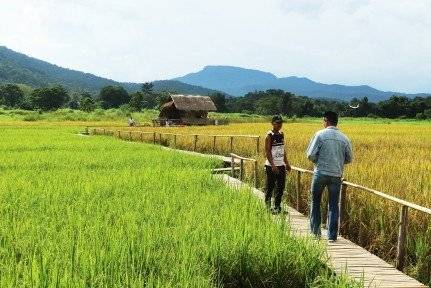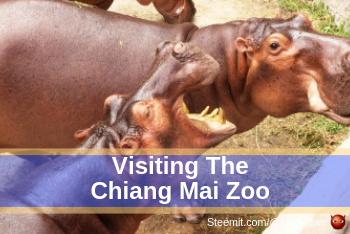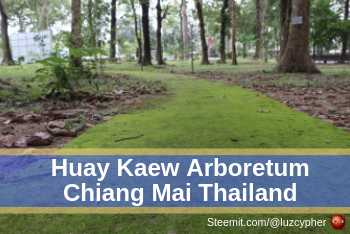What is it about humans that compels us to explore new places? Many animals, including humans, travel great distances in search of food or to breed but, we humans travel in search of something more. Love, adventure, opportunities, or escape; we find more reasons to travel than there are places to go.
There are types of people who never dream of going anywhere and are content to live and die in the same place they were born, usually glued to a television, gripped by the drama of vicarious voyages, or pouring their creativity into a fulfilling purpose.

We all like to get away from our routine lives once in a while, but why are some people continual travelers who call everywhere home? Is there something about them that's different from the rest of us?
Whether you call it wanderlust, a love of travel or regular old curiosity – the fact remains the same: Your hunger to explore simply cannot be quenched, no matter how many vacations or journeys you take.
There's always something new to see, something novel or different than you're used to. If you're into one-way flights, unplanned destinations, and traveling without a purpose you're not alone. Many people share those traits and it may be embedded in your DNA.
Those of us bent on traveling the world, seeing places they’ve never been and experiencing different cultures, are more common than you think. Phrases such as backpacking, gap year and globetrotting have become much a part of the vocabulary, increasingly more-so since the availability and promise of cheap flights and overseas volunteer teaching placements. Humans are among the most curious and exploratory species that has ever lived upon earth. This drive to travel and breakthrough to unknown places can be described through genetics.

A psychology blog post titled Wanderlust: a Genetic Basis to a Globetrotting Fanatic wrote:
Research into why humans like to travel and as a species have traveled so far has been focused on studying genes. A gene DRD4 is involved in dopamine levels in the brain, which is linked with motivation and behavior (Lichter et al, 1993). A variation of this gene, DRD4-7R, is carried by an approximately 20% of the human population.
Another theory behind the motivation to travel is rooted in our childhood: as children, we learn through play and imagination. Compared to most animals, and to some of our closest ancient ancestors we spend more time as children protected by our mothers in which we can develop our imagination. The basics of imagination is to create hypothetical scenarios and worlds which could be what is behind our fuel to travel and what makes us so inquisitive. Questions such as ‘what’s further than that border?’and ‘what’s over the other side of the sea’ are just some of the questions which drove our species to explore around the world. source
The study went on to say that those carrying the gene are more likely to have had ancestors who have a history of traveling greater distances when compared to sedentary populations.
In the January 2013 issue of National Geographic, author David Dobbs, in a piece titled Restless Genes wrote:
Alison Gopnik, a child-development psychologist at the University of California, Berkeley, says humans also possess another, less obvious advantage that fosters that imaginative capacity: a long childhood in which we can exercise our urge to explore while we’re still dependent on our parents. We stop nursing roughly a year and a half sooner than gorillas and chimps, and then take a far slower path to puberty—about a decade, compared with the three to five years typical for gorillas and chimps. Dental evidence from Neanderthals suggests they too grew up faster than we do. As a result, we have an unmatched period of protected “play” in which to learn exploration’s rewards.
Many animals play, says Gopnik. Yet while other animals play mainly by practicing basic skills such as fighting and hunting, human children play by creating hypothetical scenarios with artificial rules that test hypotheses. Can I build a tower of blocks as tall as I am? What’ll happen if we make the bike ramp go even higher? How will this schoolhouse game change if I’m the teacher and my big brother is the student? Such play effectively makes children explorers of landscapes filled with competing possibilities.
We do less of this as we get older, says Gopnik, and become less willing to explore novel alternatives and more conditioned to stick with familiar ones. “It’s the difference,” she says, “between going to your usual, reliable restaurant versus a new place that might be great or awful.” During childhood we build the brain wiring and cognitive machinery to explore; if we stay alert as adults, this early practice allows us to spot situations in which it pays to shift strategies. Might there be a Northwest Passage? Could we get to the Pole easier on dogsleds? Maybe, just maybe, we could land a rover on Mars by lowering it from a hovercraft on a cable. source
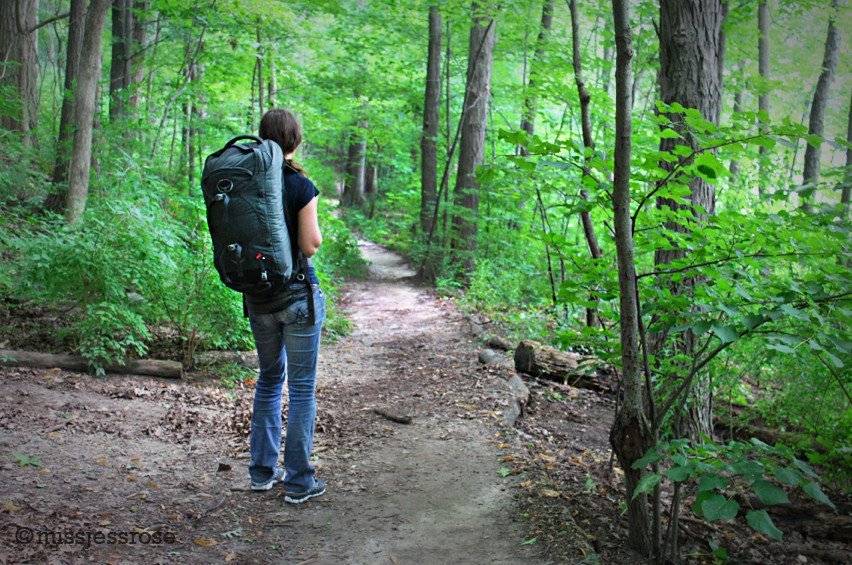
It appears that people with active imaginations and migratory ancestors have a propensity towards traveling that's more pronounced than the rest of the population.
Could it be that our long childhood in which we can exercise our urge to explore while we’re still dependent on our parents, compared with other primates, gives us more time to exercise our imaginations and to learn the rewards of exploration?
If you think of your brain a tool, the better you can use that tool the more applications you can think of to use it for, which in turn helps you think of more goals you can accomplish using it. Migratory populations faced adversity and had to use their brains to overcome new challenges and adapt to new environments. Are those traits passed forward to the next generation?
Genes shape the cultures we create and are also shaped by those cultures. A classic example of this gene-culture is the gene for digesting lactose. People who lack the gene for digesting lactose cannot digest milk after infancy, but if you have the gene you can digest milk your entire life. 15,000 years ago almost no one carried this gene as it offered no advantage, but when farmers in Europe started raising dairy cattle, this gene gave people access to a year-round food source giving them an advantage during food shortages that starved other people. This advantage rapidly spread and with it, the gene became more common.
Ready to Blog & Earn?
With TravelFeed, easily start your own travel blog and earn as you go. It's the smart platform for travelers who want to profit from their passion. Create a free account
Our traveling ancestors may have developed skills and a mindset that helped them face the challenges of adaptation to new environments and it's not hard to imagine our genes imprinting certain traits in our DNA for future generations to draw from.
Another variant of the DRD4 gene called DRD4-7R ties it to migration. A study led by Chuansheng Chen of the University of California, Irvine in 1999, found the gene to be more prevalent in migratory populations than sedentary ones.
But as Chen himself points out,
“You just can’t reduce something as complex as human exploration to a single gene,” he says, laughing. “Genetics doesn’t work that way.”
One thing I love about traveling is it forces my brain to find new solutions to novel problems. Dropping yourself into a completely foreign environment increases your drive towards creativity as your brain searches for a new solution to even the most routine tasks. Not being able to communicate in your native language to ask for simple things we take for granted in our daily lives kicks your creative juices into high gear and makes you fully appreciate simple accomplishments.
Don't Forget: Get Travel Health Insurance!
To make your trip a worry-free experience, TravelFeed recommends SafetyWing Nomad Insurance. It provides comprehensive health coverage while you travel, so you can focus on exploring, not the unexpected. Get a quote here
The brain is a muscle that grows or withers with the use or lack of use respectively, and traveling to new places stimulates you to not only use your brain but to be fully aware that you're using it even for the most trivial moments of a day. In a way, it forces you to get out of your comfort zone and as a result, flex your capacity for growth.
It's one thing to explore our vast world through television or our computers, but much more multi-dimensional to experience it firsthand in real life. Living those experiences seems to leave a more indelible imprint on our minds and perhaps even our DNA.
Whatever it is that makes some people lean towards exploring the unknown may remain a mystery, but we owe a great deal to those explorers for taking the risks they do. Without them, our worlds would be a lot smaller than they are today.
Why do you think some people are more prone to travel than others?
Related Posts
Wondering what awaits in those hills, the bike read my thoughts and seemed ready to find out. Making quick work of it as it glided along the perfectly smooth roads, the bike and I became one, racing away from the city below flying past the croaking frogs and rice paddies, through thickly forested hills and breathtaking vistas, round the winding roads and waterfalls, cutting through cool, floral-scented air pockets until we reached Doi Suthep.
Call me crazy but last week I flew to Bangkok, Thailand with nothing but a camera, half a suitcase of clothes, my trusty laptop, and an incurable case of wanderlust for new adventures. While that may seem impulsive to my close friends and family, some who've made their opinions concerning my sanity very clear, to me it's perfectly normal. Home is where you feel at home and for me, that's almost everywhere.
Just west of the Chaing Mai University at the base of the Doi Suthep mountains is the Chiang Mai Zoo and Aquarium, a 200 acre (81 hectares) zoo established in 1977. I'm not a big fan of zoos but when I was having lunch at a nearby place and heard a lion roaring in the forest my curiosity got the better of me. I spent a day visiting the place and snapping pictures.
Strolling through the Huay Kaew Arboretum in Chiang Mai, Thailand I imagined saving the world one forest at a time and stood in amazement under new-to-me trees, basking in hungry curiosity for this novel biosphere. Most of the trees in these parts are hosts to a wide variety of orchids growing on their trunks

Travel Resources
Recommended by TravelFeed
Flights: We recommend checking Kiwi.com to find the best and cheapest flights .
Accomodation: Find great stays on Booking.com, Agoda and Hostelworld.
Travel Insurance: Medical emergencies abroad can be pricey, but travel health insurance is not. We always use SafetyWing for affordable and reliable coverage.
Car Rental: For hassle-free car hiring, DiscoverCars is our trusted choice with a wide selection of vehicles.
Internet: Got an eSIM compatible phone? Airalo is perfect for reliable internet access during your trip. Just install it before you go, and you're set!
Day Trips & Tours: We recommend GetYourGuide for a variety of well-organized and enjoyable activities.
Travel Planner: Need a hand planning? Our free travel planner chatbot is your personal guide. Chat now.
Disclosure: Posts on TravelFeed may contain affiliate links. See affiliate disclosure.
